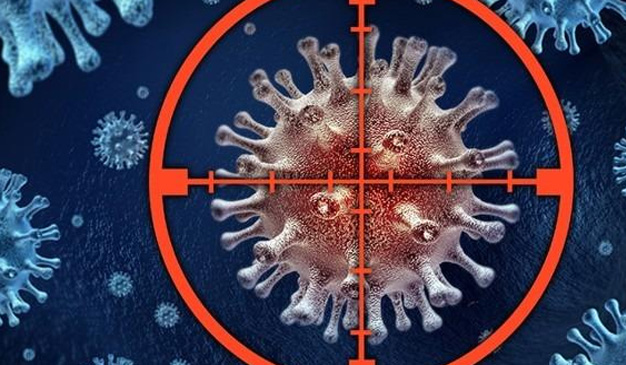
March 08, 2024
The cardia is the part that connects the esophagus to the stomach and controls the passage of food. Sometimes the cardia may be affected by tumors, causing a range of health problems. When discussing the topic of cardiac tumors, people are often concerned about whether it may be benign and what symptoms may indicate a problem in the patient.

First, the distinction between benign and malignant cardiac tumors is crucial for treatment and prognosis. Benign cardiac tumors usually grow slowly, do not invade surrounding tissues, and have no tendency to metastasize. This doesn't mean they're completely harmless, as they can still cause some discomfort and symptoms.
Symptoms of benign cardiac tumors may include:
1. Dysphagia: Benign tumors may cause cardiac stenosis, making it difficult for food to pass smoothly, thus causing dysphagia.
2. Chest pain or discomfort: The presence of benign tumors may cause discomfort or pain in the cardiac region, especially during swallowing.
3. Acid reflux and heartburn: Benign cardia tumors may affect the normal function of the cardia, causing acid reflux, causing acid reflux and burning sensation.
4. Weight loss: Patients may lose weight due to difficulty swallowing and loss of appetite.
5. Vomiting: Benign cardiac tumors may cause vomiting, especially during eating.
Although these symptoms may indicate a problem in the patient, they do not necessarily clearly differentiate between benign and malignant cardiac tumors. Therefore, early medical examination is crucial for any patient who may be experiencing the above symptoms.
In medical diagnosis, commonly used methods include endoscopy, CT scan, magnetic resonance imaging (MRI), etc. These examinations help doctors determine the nature of cardiac tumors and take appropriate treatment measures.
Finally, patients with cardia tumors, whether benign or malignant, require an individualized treatment plan. Surgical resection, radiation therapy, chemotherapy, etc. may be considered, and the specific treatment plan should be based on the patient's condition, age, and overall health.
Overall, while cardiac tumors can be a stressful problem, with early detection and an individualized treatment plan, patients can expect good outcomes.